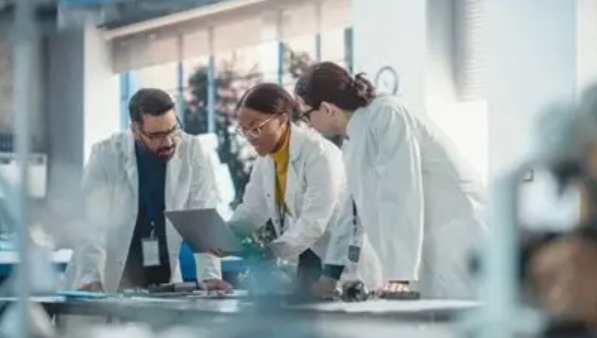
Australian scientists find new ideas to solve autoimmune disease problems
Singapore: Australian scientists have confirmed a 'weak link' in the immune system, identifying the exact conditions under which an infection can trigger an autoantibody response, a process not clearly understood until now.
Autoimmune diseases such as rheumatic fever and Guillain-Barré syndrome (where the body makes antibodies that attack the heart and peripheral nerves respectively) can occur after the body makes immune responses against certain infectious micro-organisms. The immune cells, such as the antibody-creating B cells, go through processes when they are first formed that ensure they are able to identify our own bodies, and therefore avoid self-attack. These processes are generally reliable as they take place in a steady, regulated way.
B cells go through a second and much more chaotic phase of development, however, when the body is fending off disease or infection. In order to cope with the immeasurable range of microbes in environment, B cells have evolved the ability to mutate their antibody genes randomly until they produce one that sticks strongly to the invader. At that point, the 'successful' B cells proliferate and flood the system with these new antibodies.
This 'high affinity antibody' generation occurs very rapidly within specialised environments in the lymph system known as 'germinal centres'. Most of the time, germinal centres serve us well, helping us fight disease and build up a protective armory for the future.
Dr Tyani Chan and associate professor Robert Brink from Sydney's Garvan Institute of Medical Research, developed sophisticated mouse models to investigate when and how this happens. They demonstrated that when antigen is abundant and generally available throughout the body, rogue autoantibody-generating B cells are deleted and autoimmunity avoided. Conversely, when target antigen is located only in a tissue or organ remote from the germinal centre, B cells capable of reacting against both antigen and 'self' are able to escape the germinal centre and produce autoantibodies. Their finding is published in the prestigious international journal, Immunity.




